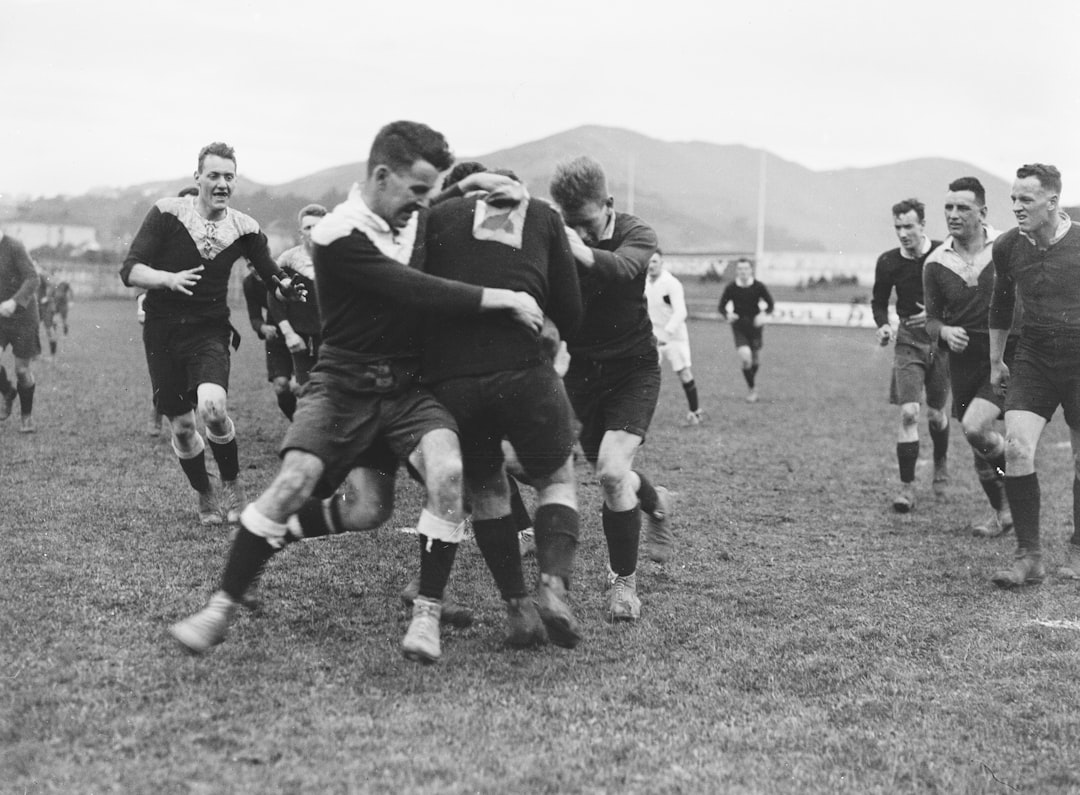Pure football is a term that evokes the essence of the game in its most refined form. It represents a style of play that is unburdened by commercial interests, unsullied by unnecessary theatrics, and focused solely on the technical, tactical, and emotional purity of the sport.
Defining Pure Football
At its core, pure football is about playing the game with integrity, skill, and creativity. It is about respecting the traditions of the sport while showcasing mastery of the ball, intelligent teamwork, and a deep understanding of tactics. This is football that prioritizes technique over physicality, strategy over brute force, and passion over financial gain.
Pure football is often contrasted with the highly commercialized and entertainment-driven aspects found in modern professional leagues. It calls for a return to the roots of the sport, where skill and ingenuity prevail over marketing strategies and financial investments.
Key Characteristics of Pure Football
While the interpretation of pure football may vary among players, coaches, and fans, several core elements define this beautiful approach to the game:
- Technical Brilliance: Players who exhibit close control, elegant passing, and precise dribbling are at the heart of pure football.
- Tactical Intelligence: A well-organized system, built on intelligent movement and teamwork, allows teams to outplay rather than outmuscle their opponents.
- Fair Play and Respect: Sportsmanship, respect for the opponent, and playing with honor are all central to the ethos of pure football.
- Creativity and Expression: Innovation, flair, and artistry—hallmarks of the sport at its best—contribute significantly to what makes football truly pure.
- Minimal Commercial Influence: While professional football requires financial backing, pure football exists wherever the game is played for the love of it rather than for commercial gains.
One of the most celebrated examples of pure football took shape in the philosophy of teams such as Johan Cruyff’s FC Barcelona, Brazil’s 1970 World Cup squad, and the free-flowing styles of clubs like Ajax and AC Milan at their respective peaks.

Pure Football vs. Modern Football
The debate between pure football and modern football is ongoing. Modern football often places significant emphasis on:
- Commercialization: Sponsorship deals, multi-million transfers, and branding have transformed football into a massive business.
- Physicality: Speed, strength, and stamina have taken precedence over technical and tactical intelligence in many cases.
- Defensive Structures: Many teams focus more on defensive solidity and structured approaches rather than free-flowing attacking football.
While these elements have their place, many purists believe that they distract from the true beauty of football—one that is played with freedom, imagination, and a love for the ball.
Where Can You Find Pure Football?
Although the game at the highest level has evolved, there are still places where pure football thrives. Some examples include:
- Grassroots Football: Young players in academies, schools, and local pitches often play without the influence of commercial pressure.
- Street Football: An environment where skill, improvisation, and raw talent define the game.
- Clubs that Maintain a Footballing Philosophy: Teams like Barcelona, Ajax, and certain South American clubs continue to uphold traditions based on technical excellence and attacking play.

The Legacy of Pure Football
Despite the changes in the game, the spirit of pure football remains alive. It is carried forward by fans who appreciate vintage styles of play, coaches who emphasize development over results, and players who bring joy to the game through their artistry.
As football continues to evolve, the principles that define pure football serve as a reminder of why the sport captivates so many across the globe. It is football in its most beautiful form—played not for financial incentive, but for the sheer love of the game, the roar of the crowd, and the magic that unfolds with every touch of the ball.
